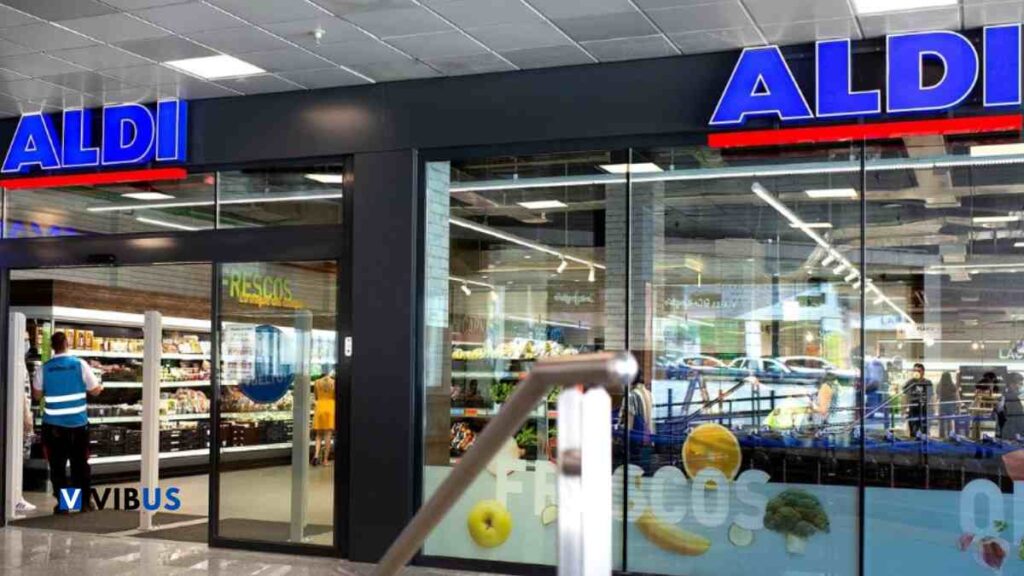In an industry where plastic has long reigned supreme in packaging, Aldi is making bold moves to shift this paradigm. The supermarket chain has launched a pilot program that could signal a major change in the sector: replacing plastic bags with paper bands for their bananas. This initiative is not just a proof of concept; it aims to eliminate up to 234 tons of plastic annually from their global operations.
Bananas, one of the most popular and widely consumed fruits worldwide, are typically packaged in plastic bags which, although convenient, generate significant non-biodegradable waste.
Aldi: A simple change with a big impact
Aldi, in its ongoing commitment to sustainability, has decided to implement an innovative solution: paper bands. These bands are not only recyclable and biodegradable, but they also effectively maintain the product’s quality and freshness.
The pilot includes several banana lines, such as Nature’s Pick midi bananas in packs of five, organic bananas in packs of six, and other special selections. If successful, this initiative is expected to expand not only to all Aldi stores but also to inspire other supermarket chains to adopt a similar path.
Commitment to the environment
Luke Emery, Director of Plastics and Packaging at Aldi, emphasized the importance of this trial for the company: “At Aldi, we understand how crucial it is to reduce plastic usage for our customers, employees, and the planet’s future. We are constantly seeking new ways to tackle this challenge, and we believe our latest initiative with bananas is a significant step in our sustainability journey.”
Beyond bananas: A holistic approach
Aldi’s efforts are not confined to changing banana packaging. The company has adopted a holistic approach in its fight against plastic, implementing several other significant measures.
For instance, they have transitioned to using 100% recycled rPET for all own-brand soft drink and water bottles, a move expected to save 10,000 tons of virgin plastic each year.
Additionally, Aldi has introduced home-recyclable paper-based wrapping for its own-brand butter lines. This measure is not only innovative but is expected to eliminate over 10 tons of non-recyclable paper packaging annually.
The broader context: Industry moves
Aldi is not alone in its efforts to reduce the environmental impact of packaging. Other major chains, like Tesco and Sainsbury’s, are also experimenting with innovative solutions. Tesco is testing recyclable cardboard containers and has started etching product information directly onto avocados, eliminating the need for up to 25 million plastic trays and nearly a million labels each year.
Meanwhile, Sainsbury’s is implementing curbside-recyclable cardboard trays for its own-brand chicken and fish lines, aiming to save 694 tons of plastic annually. This new initiative includes a logo on the package to help consumers identify products sold with less plastic.
Aldi’s initiative to replace plastic bags with paper bands for banana packaging is just one example of how companies can lead the shift towards more sustainable practices.
With these actions, Aldi is not only reducing its ecological footprint but also setting a new standard in the industry, demonstrating that a commitment to the environment can go hand in hand with innovation and operational efficiency. The actions of Aldi, along with those of other major chains, could mark the beginning of a greener era in the global retail sector.
